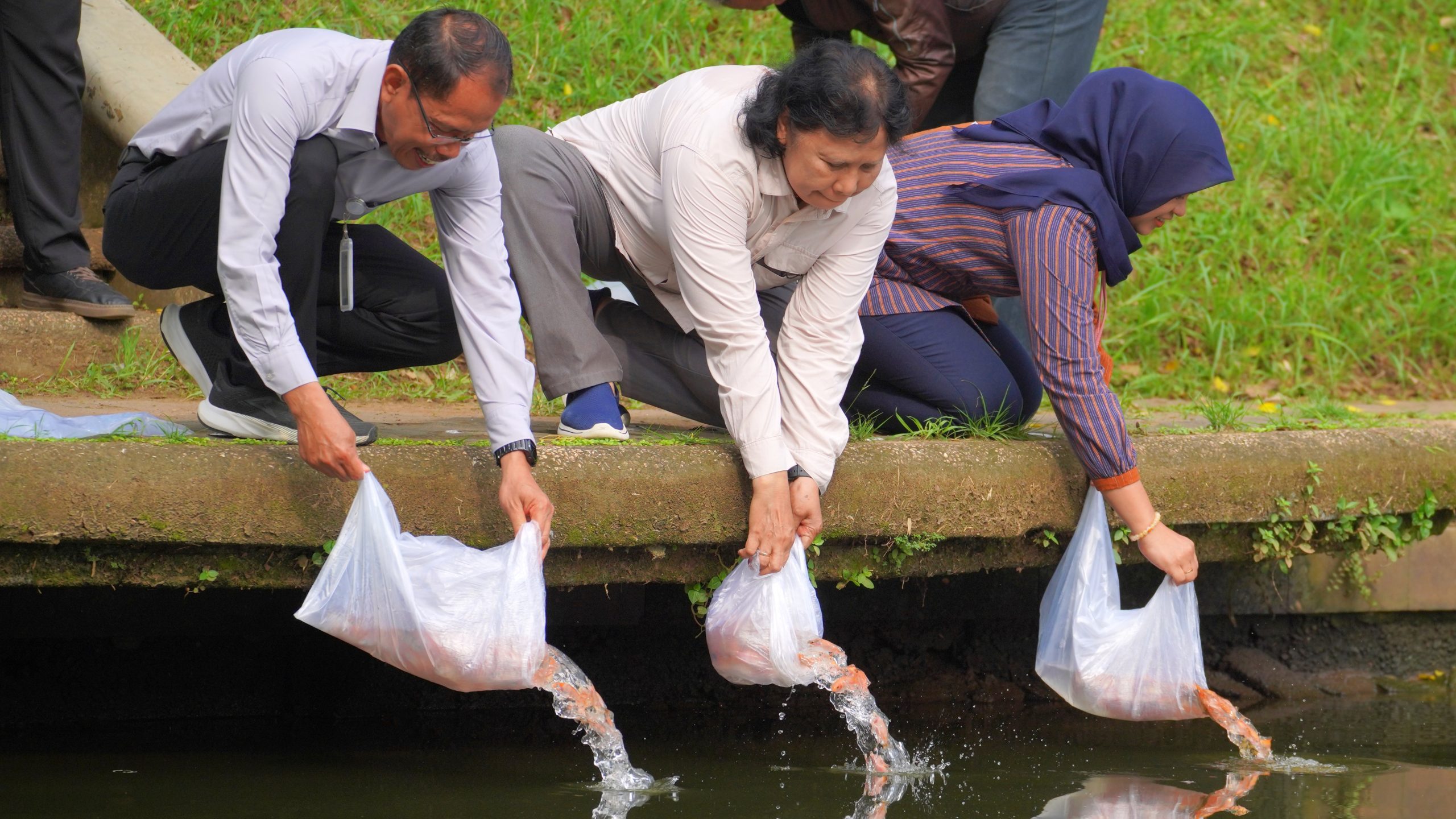Sampah yang selama ini dipandang sebagai barang yang tidak berguna ternyata dapat dikonversi menjadi bentuk energi dengan menggunakan sejumlah proses.
Dr Dwi Aries Himawanto, pakar konversi energi Universitas Negeri Sebelas Maret (UNS) mengatakan itu saat menjadi narasumber pada “Forum Group Discussion (FGD) Potensi Sampah Universitas Negeri Semarang (Unnes) Menjadi Energi Listrik” diselenggarakan Badan Pengembang Konservasi, Selasa (27/8) di C3 Hotel Ungaran.
Dwi Aries memaparkan pula faktor yang mempengaruhi pemilihan proses konversi, antara lain jenis, jumlah persediaan sampah, bentuk energi yang diinginkan, persyaratan akhir, standar lingkungan, kondisi ekonomi, dan spesifikasi proyek.
Untuk menghasilkan energi konversi dilakukan dua teknologi proses utama, yaitu termo-kimiawi dan bio-kimiawi/biologis. Proses termo-kimiawi meliputi pembakaran, pirolisis, gasifikasi dan pencairan. Adapun proses bio-kimiawi meliputi digesti/pencernaan (produksi biogas), dan fermentasi/peragian (produksi etanol).
Selain itu, Dr Pranoto pakar pengolahan sampah UNS menyampaikan, sampah merupakan berkah bagi kelompok masyarakat tertentu. Aspek penting yang perlu ditanamkan kepada masyarakat adalah membiasakan diri.
Pranoto mengakui, untuk mendidik masyarakat agar menempatkan sampah sesuai spesifikasinya perlu waktu dan tantangan berat, tetapi melalui pendekatan terus-menerus masyarakat akan sadar bahwa sampah tidak boleh disia-siakan.
Sebelumnya, divisi Waste Management Badan Pengembangan Konservasi Unnes menginformasikan berdasarkan survei bulan Mei 2013, total produksi sampah Unnes mencapai 111 meter persegi/pekan. Sampah ini diolah melalui pengomposan, pembuatan media pembelajaran, dan sebagian besar dibuang di TPS Banaran. Besarnya produksi sampah Unnes perlu dipikirkan pengolahan yang lebih rasional, di antaranya menjadi sumber energi listrik agar sampah Unnes mencapai nol atau zero waste.
Di akhir acara disimpulkan bahwa ke depan Unnes akan mengembangkan sistem pengelolaan sampah berbasis unit. Kemudian direkomendasikan adanya sumber energi baru dengan merancang pembangkit listrik tenaga sampah.
Nur Laila Sofiatun




wow, sangat kreatif sekali… sukses selalu… 🙂
Ups Sorri Mbak Maksunya bukan bapak 😀 Re ” Furniture Antik “